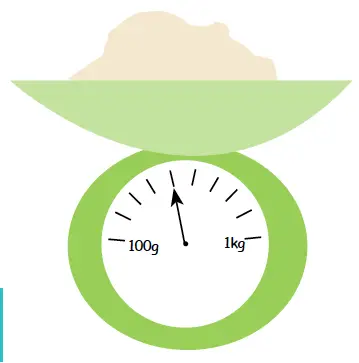When we talk about the physical properties of materials or systems or substances, you might have heard about intensive properties and extensive properties. What is meant by intensive properties and extensive properties? Let us learn about these terminologies of physical properties in this article.
What is physical property?
The physical properties of an object or substance are measurable properties. These are the properties that have a value when it is measured. The change in the physical properties of a system can be termed as a change of status of that object.
Examples of physical properties are, Temperature, Density, weight, mass, volume, etc
Types Of Physical property
There are types of physical properties.
- Intensive Property
- Extensive Property
What Is Intensive Property?
Intensive properties are those physical properties that do not change when we change the amount that is getting measured. For example, The temperature of an object is 100°C. Now, if we break it apart, each individual piece will have the same temperature. Right? That is called Intensive properties.

Another example of an intensive property is the boiling point of milk. For example, the boiling temperature of the milk is 100°C, irrespective of whether you are boiling 1 liter of milk or 100 liters of milk.
Example Of Intensive Properties
- Color
- Temperature
- Density
- Magnetic permeability
- Pressure
- Boiling point
- Molarity
- Specific heat capacity
- Specific energy capacity
- Specific conductance
- Specific volume
- Surface tension
- Thermal conductivity
- Viscosity
What Is Extensive Property?
Extensive properties are those physical properties that do change their value based on the amount of substance that is getting measured. For example, the volume of a substance is an extensive property as the value changes when you have more of that substance.

Example of extensive properties
- Mass
- Volume
- Enthalpy
- Entropy
- Internal energy
- Heat capacity
- Energy
What Is Composite Property?
The ratio of two extensive properties is an intensive property, and that is called the composite property. For example, mass and volume are two extensive properties. The ratio of mass and volume is the density which is an intensive property. The composite property is sometimes classified as intensive or extensive property.
What is Specific Property?
Specific property is an intensive property obtained by dividing an extensive property by mass. For example, heat capacity is an extensive property. When heat capacity is divided by mass, we get a specific heat capacity which is an intensive property.
Difference Between Extensive property and Intensive property
| Intensive Property | Extensive Property |
|---|---|
| The intensive property does not depend on the amount of matter or substance | Extensive property depends on the amount of matter or substance |
| An intensive property is independent | The extensive property is relative |
| Change of state or size does not affect intensive property | Any change in state affects the extensive property |
| Example: Pressure | Example: Volume |
Conclusion : Extensive Property vs Intensive Property
The inclusive property and exclusive properties are not inclusive. There are other types of physical properties available. But all those other types of properties are either derived from the intensive properties or the extensive properties.
Having a basic idea about these properties is really important when you design a system and choose a material. I hope I could able to give you that basic information about the extensive property and intensive property.
If you still have some questions or queries, please don’t hesitate to write that queries in the comment section, and I will be happy to assist you.
You may also like to read:
1. Properties of metals
2. Properties of fluid
3. Types of heat treatment



